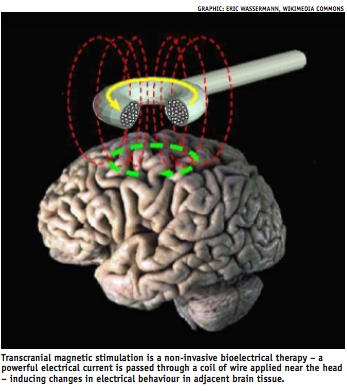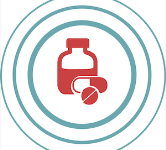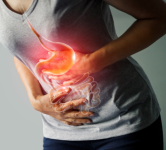£4.90 GBP, 2 hours
Since the 1980’s there has been increasing interest in the use of electrical stimulation for the management of a variety of neurological and other disorders. In many parts of the world, high-frequency electrical stimulation is now used to treat symptoms of Parkinson’s disease, epilepsy, depression and addiction. (This is a separate treatment from electroconvulsive therapy, used for many decades to treat severe depression.) Bioelectric stimulation is also used to help manage chronic wounds and pain, and has recently been found to moderate inflammatory processes involved in chronic conditions such as arthritis and autoimmune diseases. A future where individual peripheral nerve fibres can be stimulated to manage specific health conditions is rapidly approaching. The use of highly localised bioelectric stimulation, rather than body-wide medicines, to manage disease is an exciting prospect with potentially far fewer adverse effects and much more precise control.
Understanding of the role and function of this new form of therapy requires knowledge of the processes involved in neuronal signalling in the brain and nervous system. As the use of bioelectrical therapies becomes more common, nurses must be prepared to support clients in their decision making about this treatment method.
After reading this article and completing the accompanying online learning activities, you should be able to:
- Explain the normal action potential.
- Outline proposed actions of electrical stimulation on neurons and other cells.
- Describe the evidence for bioelectric therapy in the management of disease.






